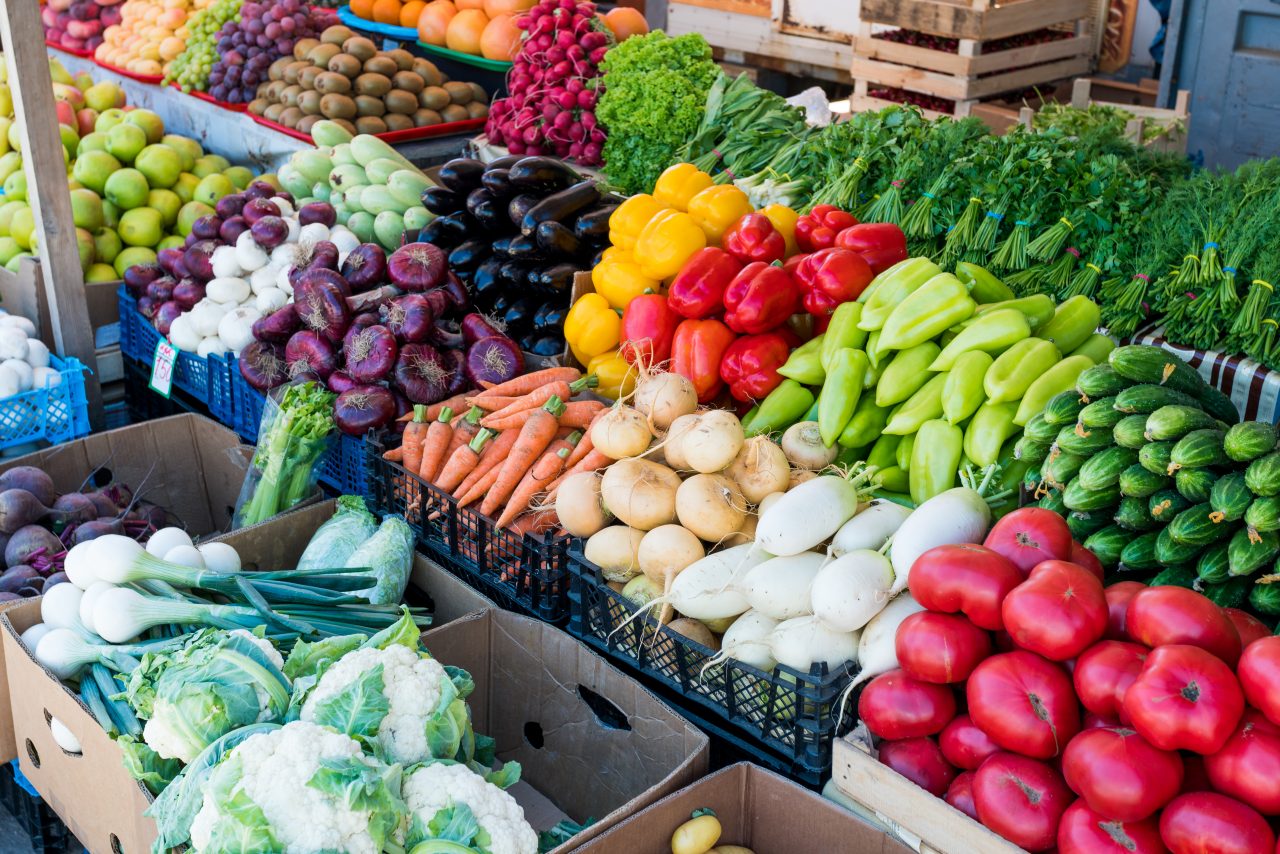If you’ve ever reached for chocolate during a stressful workday, you understand the basic connection between what we eat and how we combat stress.
However, chocolate isn’t the most effective remedy for chronic stress or the burnout that can result, according to Karann Durr, MS,RD,CD-N,CSOWM, a registered dietitian at Hartford Hospital.
“Everyone’s stress level has been through the roof with COVID,” she said, adding, “when stress levels rise, cortisol levels rise and that can wreak havoc with our healthy choices.”
Feelings of stress and the accompanying fatigue, anxiety and sleep disturbances can nudge people toward comfort foods, typically carbohydrates, Durr said.
“During the stress of COVID, we got away from working with wholesome foods. We cooked what we could get. Planning wholesome meals took a back burner and we made more shelf-stable food like pasta,” Durr said.
Focusing on Zoom meetings, home schooling children and the stresses of infection prevention, left many eating without meal planning. Grabbing a granola bar was easier than making a salad, for example.
Planning more nutritious fare, however, can help manage stress. Durr called it “back to basics,” suggesting we:
- Plan meals. Market shelves are restocked and healthier foods available. She suggested slowing down in the produce section to notice the variety of options. “Add them back into your diet!” she said.
- Balance meals. Refined carbohydrates and sugars may taste great but they digest quickly while proteins last longer and leave you feeling more satiated. Choosing wholesome carbohydrates such as fresh fruits, sweet potatoes and beans; whole grain carbohydrates like whole wheat pasta, whole grain or brown rice; or quinoa will increase the fiber and nutrition of your carbohydrates. Combining these with healthy fats and lean proteins will provide more efficient energy. If you can create a balanced meal, you’ll keep the body’s chemical levels even so you don’t experience peaks and valleys of energy.
- Explore options. Farmer’s markets bring a colorful array of fresh, healthy options to help you balance your plate nutritionally.
- Seek balance. Exercise is a key component of combatting stress. If longer blocks of time seem unmanageable, Durr recommended unplugging for a few minutes at a time to walk the dog, trot up and down the stairs or water in the garden. Even just short bursts can bring the stress level down.
- Seek “active inactivity.” In the office, you don’t realize how helpful trips to the copy machine can be to break your focus on stressful tasks. If you’re still working remotely, step away from the screen periodically to refocus on something else. “Our whole office space became about 12 square feet. Stretch that with a walk to the porch or the bathroom,” Durr said.
- Get a good night’s sleep. During the pandemic, most people weren’t sleeping well and needed an edible pick-me-up like caffeine or carbs to stay going the next day. Consistently getting enough rest keeps you more naturally fueled.
“We got away from healthier options in general,” Durr noted. “We were managing what we had to, which changed on a day-to-day basis. We have to get back to prioritizing our health and wellness.”
For more information about nutrition, or to schedule an appointment with our outpatient nutrition team, please contact the nutrition office at 860.972.2604.


